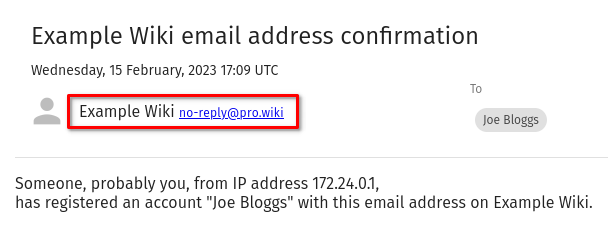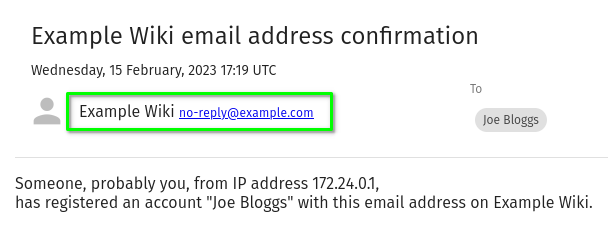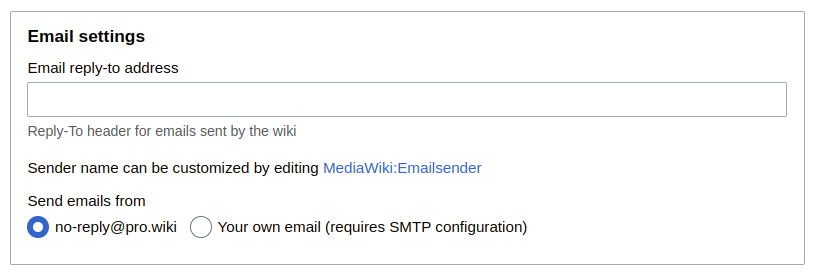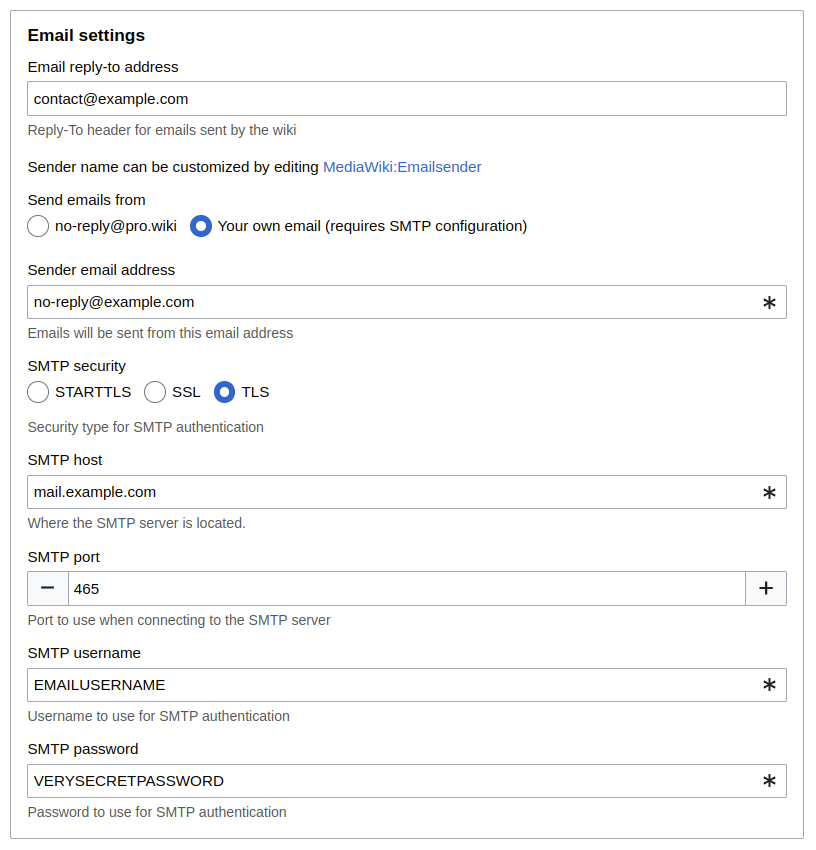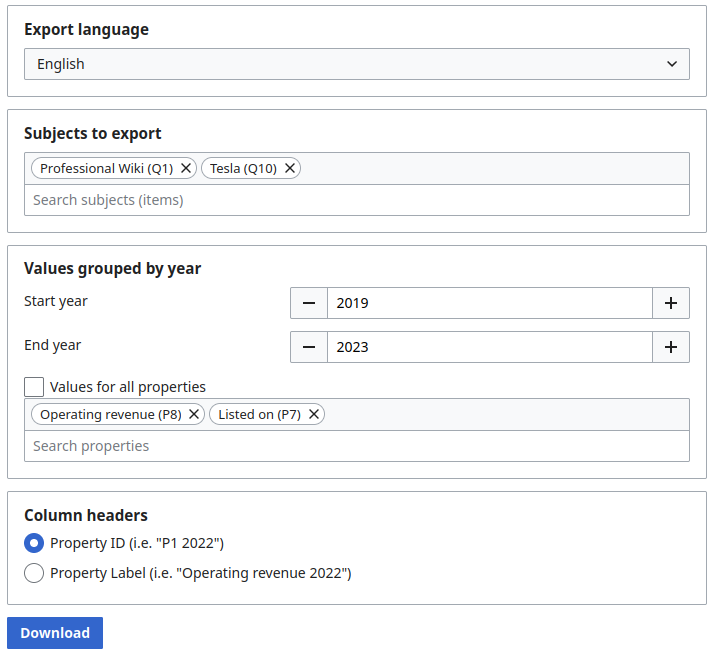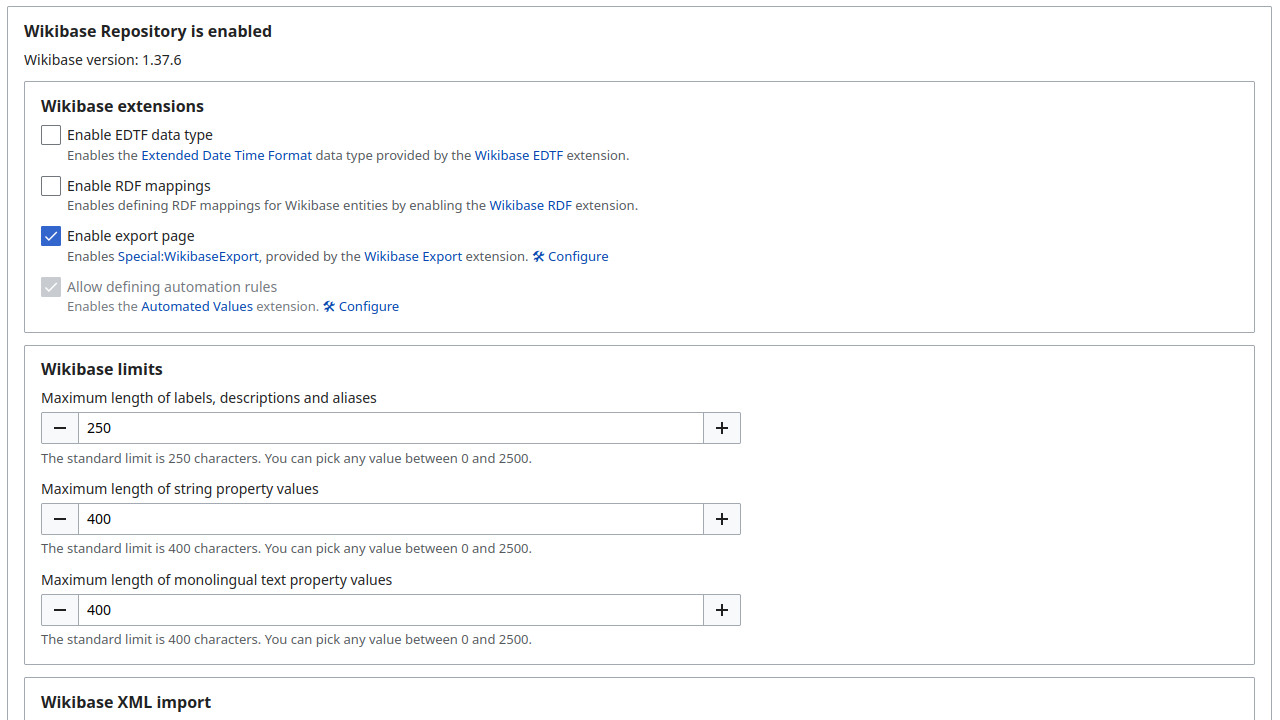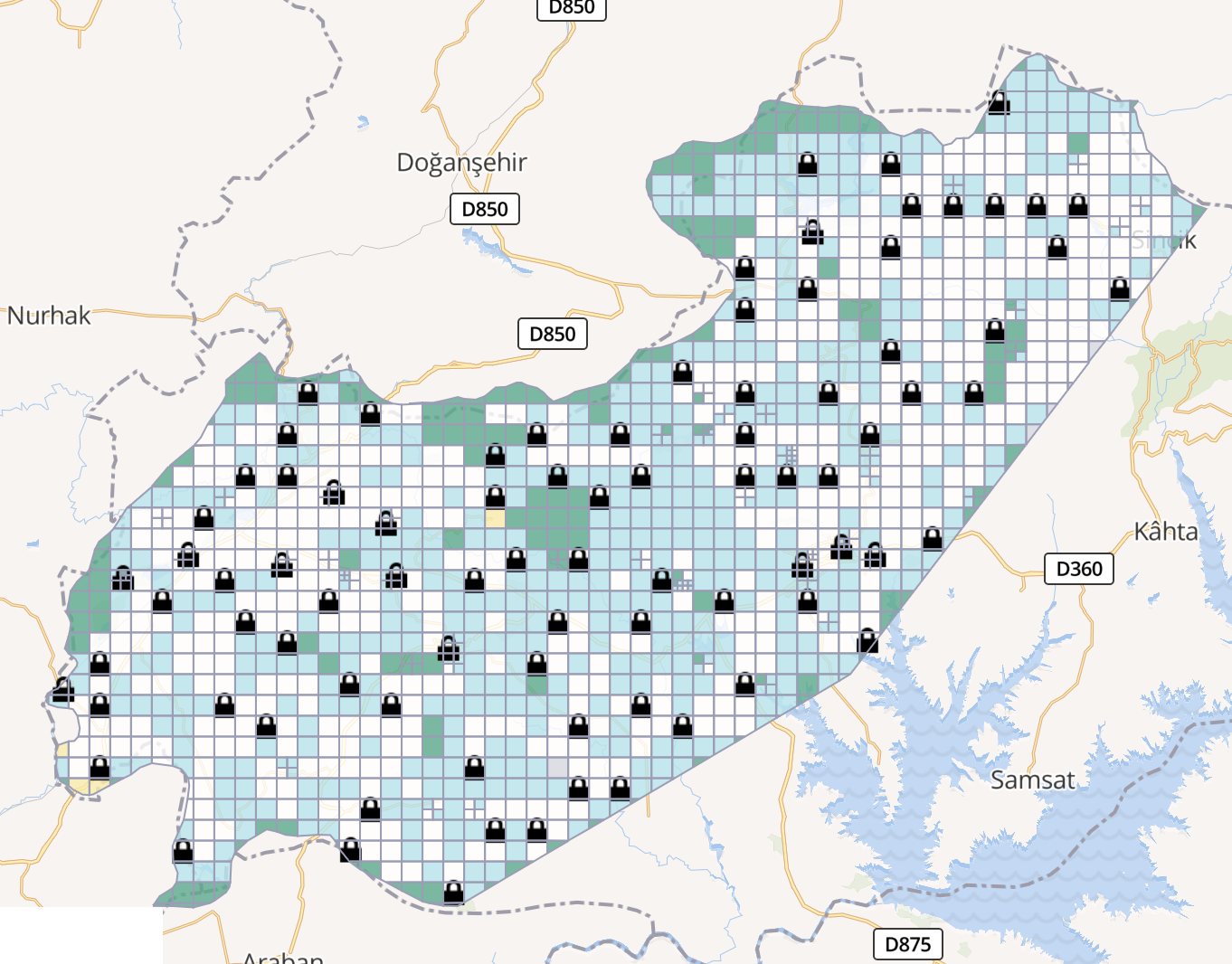Welcome to the “Don’t Blink” series! Every
month we share developments from around the world that shape
people’s ability to participate in the free knowledge
movement. In case you blinked this month, here are the most
important public policy advocacy topics that have kept the Wikimedia Foundation
busy.
To learn more about the Global Advocacy team and the work we do
with the rest of the Foundation, visit our Meta-Wiki
webpage, follow us on Twitter (@WikimediaPolicy), sign
up to our
Wikimedia public policy mailing list, or join one of our
monthly conversation hours.
________
Entering the New Year with More Insights
Now that the Wikimedia Foundation starts to plan for the next fiscal year, the Global Advocacy team wants to look back with you at 2022 and share how our learnings from that year are helping us organize how we’ll continue to serve Wikimedians and our audiences.
We asked our teammates to identify where we improved the most as
well as what we accomplished, and both questions shared one clear
answer: collaboration. We’re better at working together with
our colleagues within the Foundation as well as Wikimedians.
It’s cheesy, but tried and true: When we work together we can
achieve great things.
Consider, for instance: joint advocacy on the European
Union’s
Digital Services Act (DSA), receiving
accreditation to the United Nations Economic and Social Council
(ECOSOC), supporting affiliates to achieve their goals in relation
to
the United Kingdom’s proposed Online Safety Bill, setting
up meetings with government representatives in Chile, and
co-presenting Wikimedia projects’ contributions to the world
at
global forums like RightsCon.
We’ve also invested time and energy in doing a better job of
explaining our team’s priorities, and how they respond to
those of the Foundation and movement. Our priorities are three:
Protecting the Wikimedia model, protecting Wikimedia’s
people, and protecting Wikimedia’s values. We’ve
presented these priorities at various movement-facing calls and
events, updated our Meta-Wiki page,
and even added a FAQ there.
Last but not least, to help illustrate the way our everyday work
addresses these priorities, we’ve restructured how we share
developments in this monthly recap. Let us know if you can spot the
changes!
Looking forward, here are three ways in which we want to continue our work in the next fiscal year.
- First, we want to think and act according to a long-term
strategy, so that we can pursue actions that have an extended
impact, like engaging with other stakeholders thanks to our ECOSOC
accreditation.
- Second, we want Wikimedia projects to become a compelling
reference in public discourse around internet regulation and free
knowledge issues: There is much that can be learned from
Wikimedians’ community-driven moderation and the
Foundation’s privacy models.
- Third, we want to work with affiliates to determine together which public policy activities they should lead, and which ones the Foundation should lead.
We can’t wait to continue collaborating with our colleagues and community throughout this new year!
Farewell to Kate Ruane, our Lead Public Policy Specialist for the United States
We are sad to announce Kate’s departure. She was an integral part of our team, whose impact was immediately felt. During Kate’s tenure, she helped to advance and shield the free knowledge movement by building coalitions, activating allies, submitting countless public comments on policy briefs, and helping Wikimedia influence US regulatory decisions that had an impact on foreign affairs. Kate’s extraordinary talent and dedication have landed her a role as PEN America’s inaugural Sy Syms Director, US Free Expression Programs. Although we will miss her work ethic, humor, and intimate familiarity with the workings of US policy, we can’t think of anyone better to launch the Global Advocacy team’s “Alumni Network.”
A few examples of her achievements in behalf of the free knowledge movement include:
- Protecting access to knowledge for Russian
people: Thanks to Kate’s tireless work, two
governments protected access to information in Russia. On the heels
of an
advocacy process that Kate led, in coalition with Access Now
and other advocacy leaders, both the governments of the US and the
UK authorized internet companies to continue providing
essential internet services to people within Russia. These
decisions ensured that the Russian people, Wikipedia volunteers,
and independent media—including those speaking for human
rights and against the war—can contribute to and consult
reliable information about the conflict in Ukraine.
- Championing community-led content moderation:
Kate spearheaded
the Foundation’s opposition to the EARN IT Act, which
could have significantly weakened protections that online
intermediaries, like Wikipedia, have from liability concerning
child sexual abuse material (CSAM), and also could have undermined
encryption. Under her directive, the Foundation signed
an open letter opposing the bill alongside a coalition of more
than 60 other concerned organizations, which was published by the
Center for Democracy and Technology. The open letter and our blog
post on the bill were introduced
into the US Congressional Record.
- Representing Wikimedia’s perspectives on
copyright reform: Kate dedicated considerable time and
effort to representing the Wikimedia movement’s needs in the
context of diverse copyright discussions. Most notably, she helped
the Foundation oppose a bill called the SMART Copyright Act, which
could have forced projects like Wikipedia to use certain
technical tools to monitor and manage copyright infringement. Kate
sent a letter with our concerns about the bill to lawmakers, and
supported Fight for the Future in amplifying their petition against the Act.
She also
submitted comments to the US Copyright Office ahead of
proceedings evaluating standard technical measures (STMs) for
protecting copyrighted works online, participated in a plenary
session held by the Copyright Office inquiring into what the
government’s role might be in identifying STMs, and
participated in a panel hosted by the Computer & Communications
Industry Association (CCIA) to discuss patents in the public
interest.
- Expressing concern about the Journalism Competition and
Preservation Act (JCPA): Kate led the Foundation to sign
onto a
coalition letter expressing strong concerns about the JCPA,
which would require large online platforms to negotiate with groups
of news organizations to pay them for access to their content.
Kate’s work was picked up by
Wikimedia Small Projects, which invited her to an episode of
the
SuenaWiki podcast to discuss the challenges posed by the
JCPA.
- Asking the US Supreme Court to take our lawsuit against mass surveillance: Kate spearheaded the Foundation’s policy advocacy efforts to rein in mass surveillance by the US government. On the heels of the Foundation’s petition to the US Supreme Court to review our challenge to the National Security Agency’s (NSA) mass surveillance of Americans’ private online communications with people overseas, she led the beginning stages of our work advocating for positive changes to Section 702 of the Foreign Intelligence Surveillance Act, and raised awareness of the issue within the Wikimedia community by presenting the case at WikiConference North America. This work builds on the Foundation’s partnership with the American Civil Liberties Union (ACLU) and Knight First Amendment Institute to argue that the government cannot use sweeping claims of “state secrets” to block court oversight of Section 702 surveillance programs.
Deepening Our Work with Affiliates
Big Fat Brussels Meeting: The eighth Big Fat Brussels Meeting was held from 2–3 December, 2022, in Brussels. The event brought together Wikimedia affiliates from across Europe to collectively decide what the public policy priorities are for the free knowledge movement in the region throughout 2023. After three years of hiatus for in-person events, reconnecting and meeting new joiners (potentially over beers or frites) was also a top priority. Over 20 Wikimedians came to Brussels, including members of the Global Advocacy team. This blog post recaps what was discussed.
Protecting the Wikimedia Model
Friend-of-the-court brief on
Gonzalez v. Google: The
Foundation’s ability to host Wikipedia and other Wikimedia
projects hangs in the balance in a case against YouTube brought to
the Supreme Court: Gonzalez v. Google. We filed an
amicus brief because the Supreme Court will consider Section
230 of the Communications Decency Act—i.e., a key law that
supports internet hosting and protects website hosts from being
sued for content submitted by users—for the first time in
decades. We explained that despite the tragic background of the
case, siding with Gonzalez would create significant problems for
the future of the internet. Read our major arguments and why ruling
against Gonzalez will help to protect the ability of Wikimedia
users to share free knowledge—not just in the United States,
but around the world—in
our blog post.
Jimmy Wales on BBC for Online Safety Bill (OSB):
The founder of Wikimedia, Jimmy Wales, joined a panel on one of the
UK’s most popular news shows to talk about the
country’s OSB. He spoke alongside members of the House of
Lords and others. The Sunday with Laura Kuenssberg
program, which aired on 4 December, is available on
YouTube—where it is titled Who Should Keep Us Safe
Online?
Protecting Wikimedia’s Values
Human Rights Update: On 20 December, the Global Advocacy team published an update for the community on Diff. The blog post discussed the real and evolving human rights threats facing Wikimedians, actions that the Foundation has taken over the past year to implement the Human Rights Policy, what the Foundation hopes to accomplish in the coming year to continue protecting the community’s human rights, and how Wikimedians can help to do so.
________
Follow us on Twitter, visit our Meta-Wiki webpage, or join our Wikipedia policy mailing list for updates. We hope to see you there!




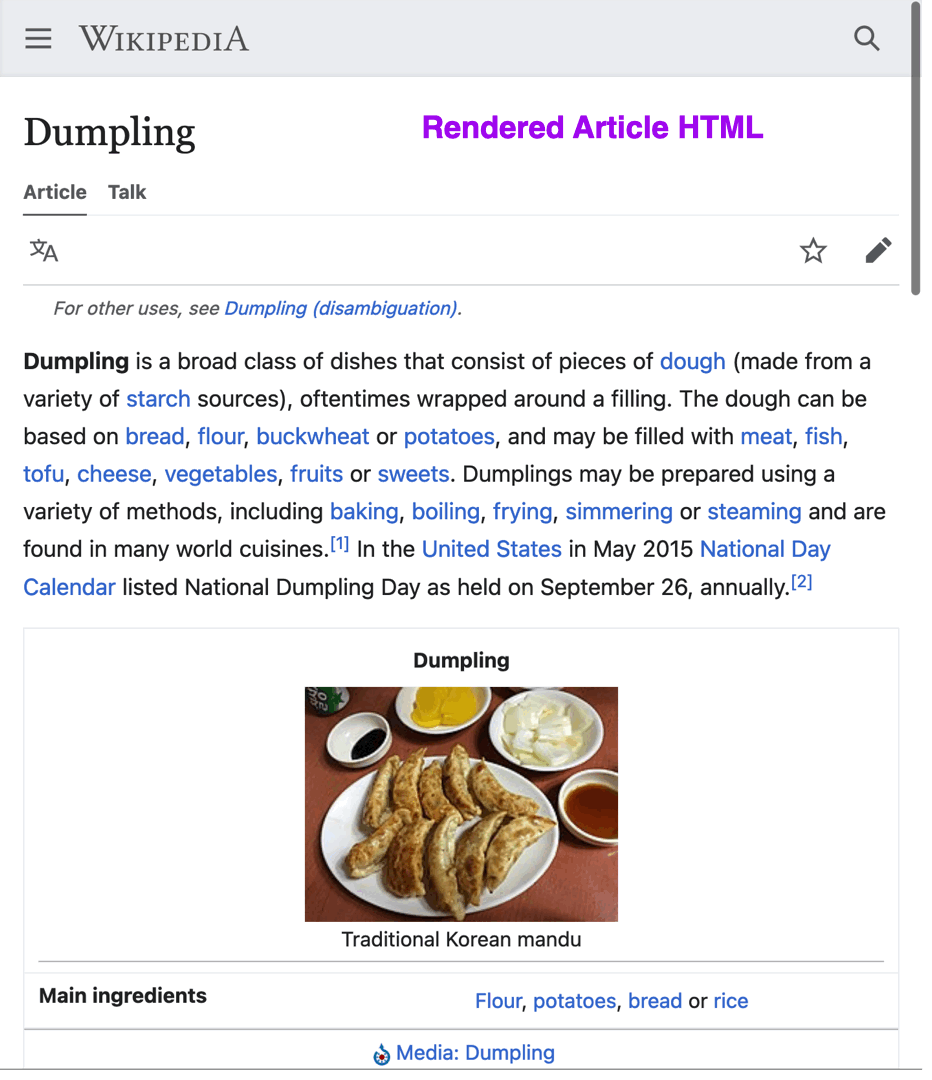



























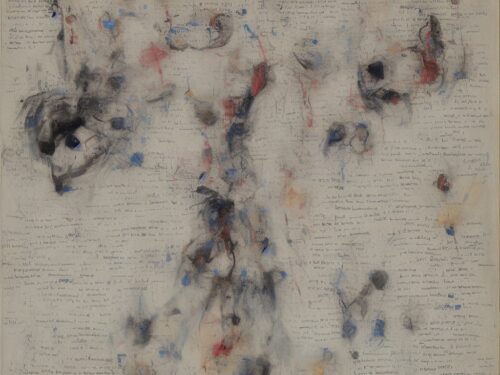

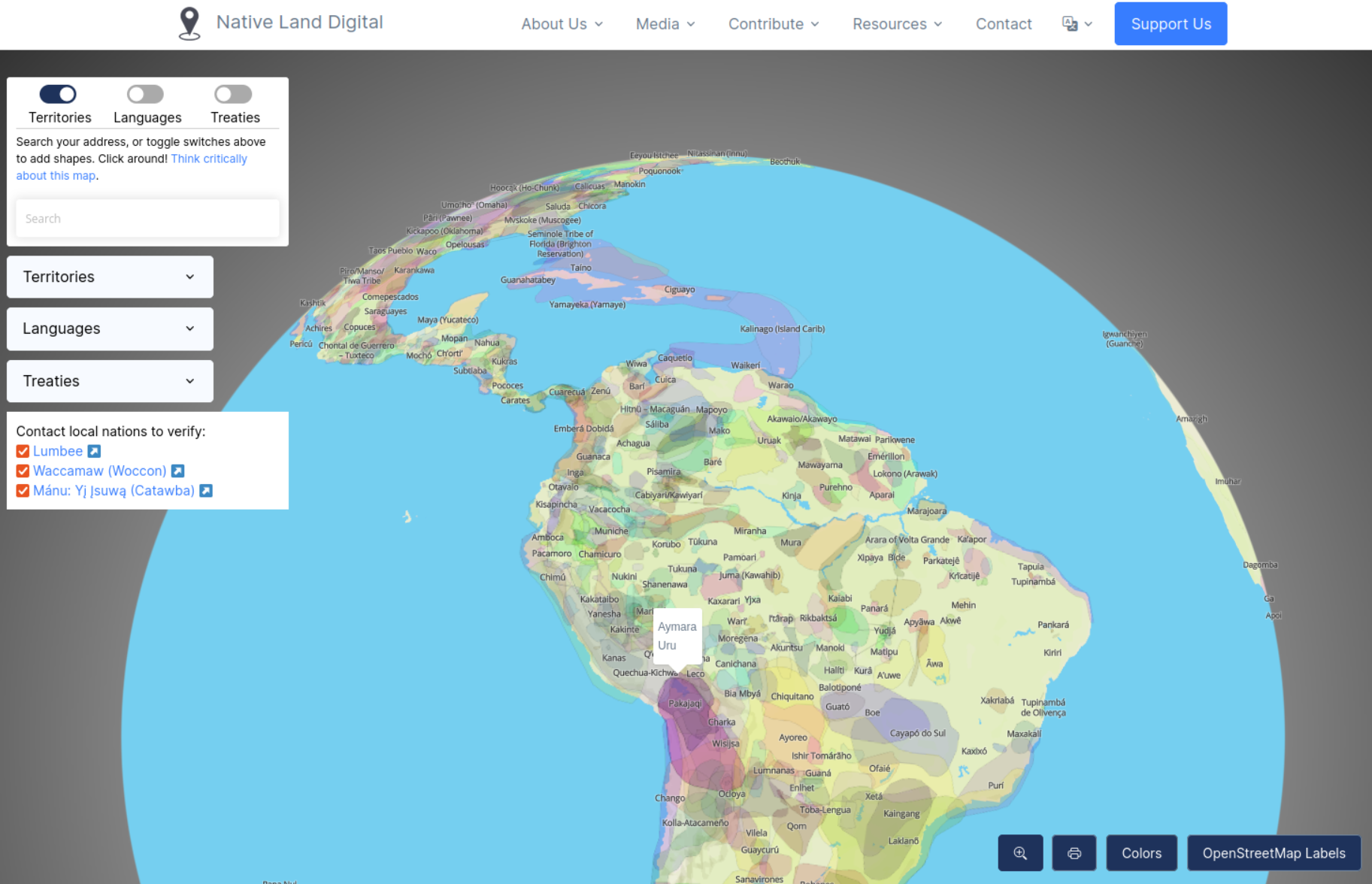


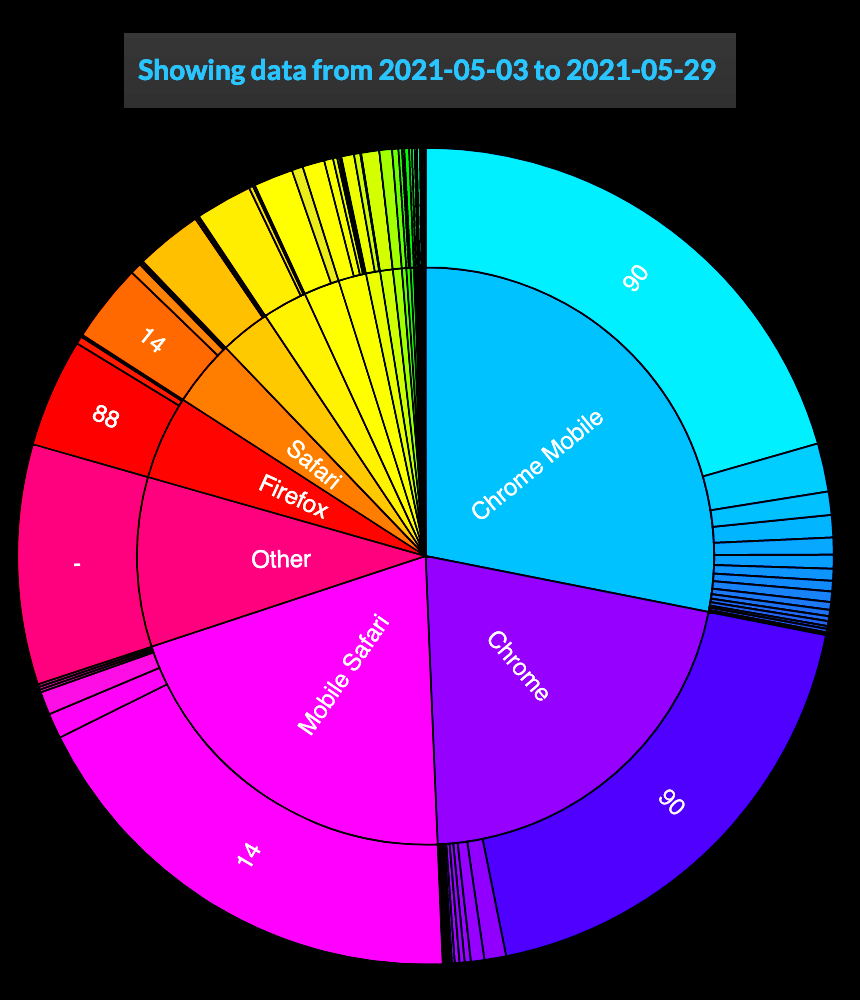






![A screenshot of what Isabelle's user page looked like when the RfA started — to the left of the page, taking up half of the page, is an abstract image of a fox. To the right are a few userboxes. They read: This user's pronouns are they / them This user believes trans rights are human rights This user has an alternative account named Pirate Belle. Este usuário/utilizador tem como língua materna o português. This user can contribute with a near-native level of English. Along the bottom of the page is the quote: "We're all different. [...] But there's something kind of fantastic about that, isn't there?" – Mrs. Fox](https://webcf.waybackmachine.org/web/20230226014252im_/https://i0.wp.com/words.theresnotime.co.uk/wp-content/uploads/2023/02/image.png?resize=998%2C603&ssl=1)
